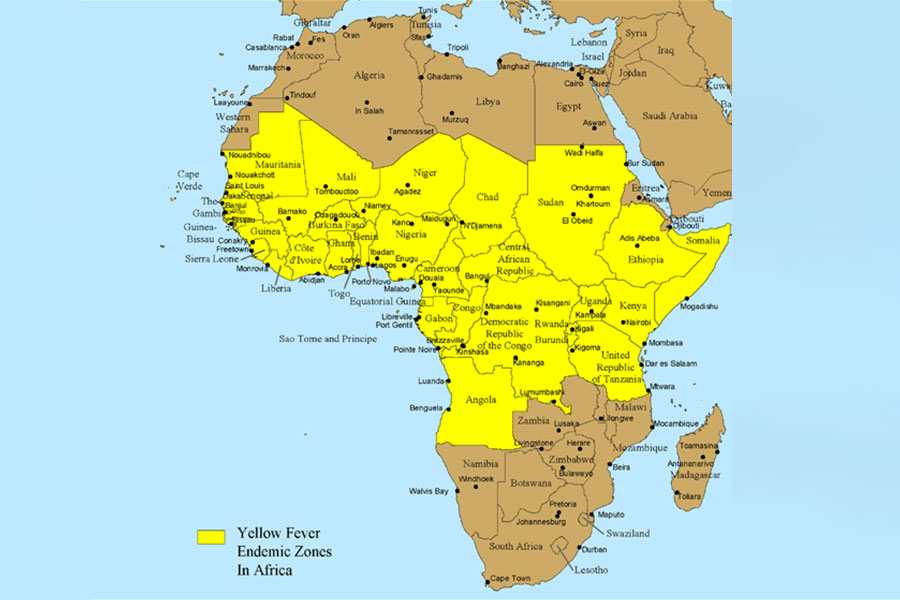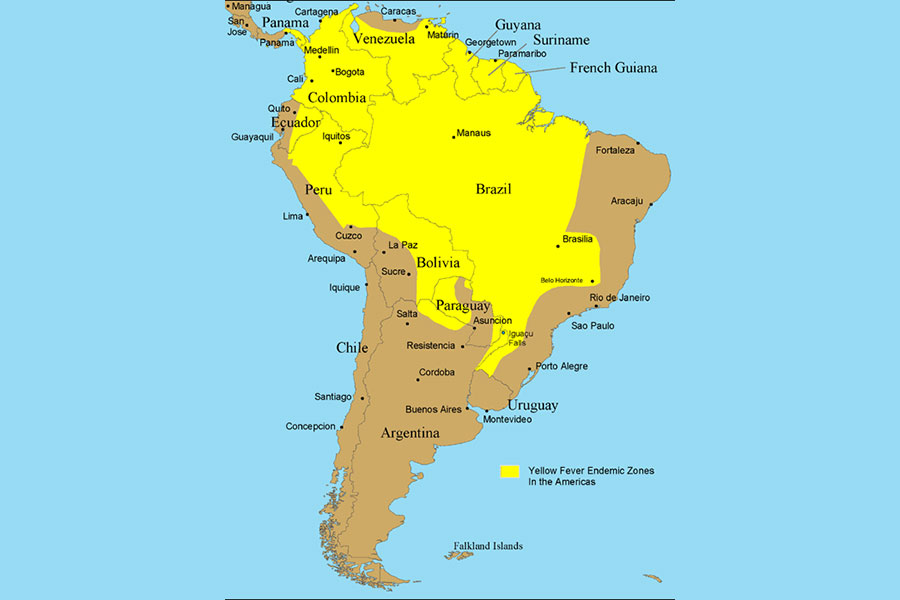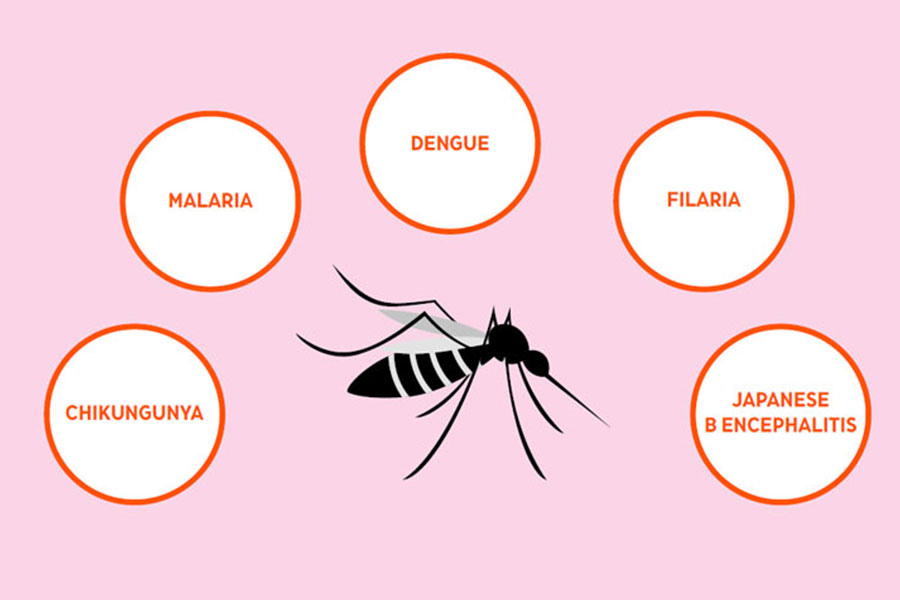
Mosquito Hotspots and How to Avoid Them
Diseases caused by mosquitoes kill over a million people every year. Mosquito bites are much more than insect irritations. Mosquito nets and insect repellent discourage bites, but they don’t stop serious illness.
Climate Change Lengthens the Global Mosquito Season
A result of climate change is a warmer planet. The result is a longer global mosquito season. This means the planet’s most dangerous creatures are reaching new geographical regions. We are seeing the re-emergence of mosquitoes in areas where they have been extinct.
Mosquitoes are probably going to migrate to higher latitudes and altitudes. Infected mosquitoes make over 700 million people ill every year. The ratio is 1 in every 10 individuals!
Extreme weather provides ideal hotspots for diseases. Droughts, floods, heatwaves, and increased rainfall are all contributors. These offer ideal breeding conditions for malaria infection and other diseases.
Other Reasons Mosquitoes Flock to Drought Ridden Environments
During droughts, households store water in various ways. Some of these include water catchment tanks. These could increase the risk of mosquito-borne outbreaks like dengue fever.
How are Mosquitoes Re-Establishing Their Populations?
Mosquito hotspots include South-eastern Asia, Latin America, and Sub-Saharan Africa. Mosquito populations are already endemic to these areas. There is a definite increase in the migration of mosquitoes to other parts of the world.
According to the Early Warning System for Mosquito-Borne Diseases, there is a definite increase in mosquito populations in Europe. There is a dramatic increase in the numbers of malaria, dengue, chikungunya, and Zika cases.
Mosquitoes Re-Establishing Populations in Australia
Australia is another example of mosquitoes spreading to new hot spots. An increase in mosquito-borne Japanese encephalitis is rearing its ugly head.
- Japanese encephalitis is endemic to the Pacific Islands and southeast Asia.
- Climate change is having a major impact on mosquito populations. This makes it more and more favourable for them to breed.
” Rising global temperatures are causing an expansion in the areas in which mosquitoes thrive. This puts more communities at risk and makes more months each year favourable to disease transmission in places already prone to mosquito-borne disease.”
~Dr Katie Anders. Director of Impact Assessment at the World Mosquito Programme.
How Global Studies can Make a Difference & Save Lives
Teams of researchers across the globe are gathering data to reduce global warming and save humans from debilitating mosquito-borne viruses. Scientific research believes the rise in global temperatures could increase the annual transmission season over the next 50 years.
It could increase by 1 month for malaria. The transmission season for dengue could increase by as much as 4 months. They base these projections on the population growth of 4.5 billion over a 50-year period with a steady rise in temperatures.
What is Wolbachia & How Can it Help with Mosquito Populations?
Wolbachia is being introduced into mosquito populations. We find Wolbachia in almost 50% of all insects. Introducing Wolbachia to the female Aedes aegypti mosquito prevents them from spreading disease.
Scientists are breeding and infecting male mosquitoes in laboratories with Wolbachia. Once introduced, they release the males into the general mosquito population. They then breed and infected female mosquitoes.
This helps suppress fertility. The females, once infected with the bacteria, cannot produce healthy offspring. Over time, the infected mosquitoes grow until introducing Wolbachia is no longer required.
These are sustainable, inexpensive, and effective long-term solutions against the many diseases transmitted by Aedes aegypti mosquitoes.


Why is it so Important to Educate Communities About Mosquitoes?
Education and community awareness are essential in the prevention of mosquito-borne diseases. Especially as arboviruses are fast-growing and spreading into unknown territories.
Communities need to know about arboviruses carried by the Aedes aegypti mosquito. Awareness and campaigns are essential for preventative methods to become effective. Communities also need to know about treating diseases and what symptoms to look out for.
Community outreach and education programmes will help ensure these programmes are successful.

Prevent Mosquito-Borne Diseases with Mosquito Repellents
Mozzie Patches will help prevent the bite. They won’t prevent you from getting a mosquito-borne disease. Visit your healthcare practitioner before embarking on a mosquito hotspot.
Avoid mosquito hotspots when planning a trip wherever possible. Take every preventative measure available if you cannot avoid visiting these destinations. Some preventative measures could include yellow fever vaccines, anti-malarial medication, and more.
Shop for Mozzie Patches and use them wherever possible, wear the right clothes, and plan activities before dusk and after dawn.



